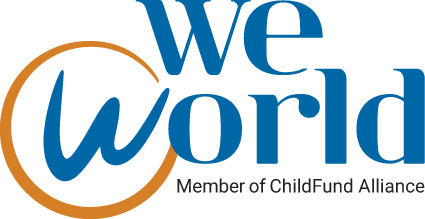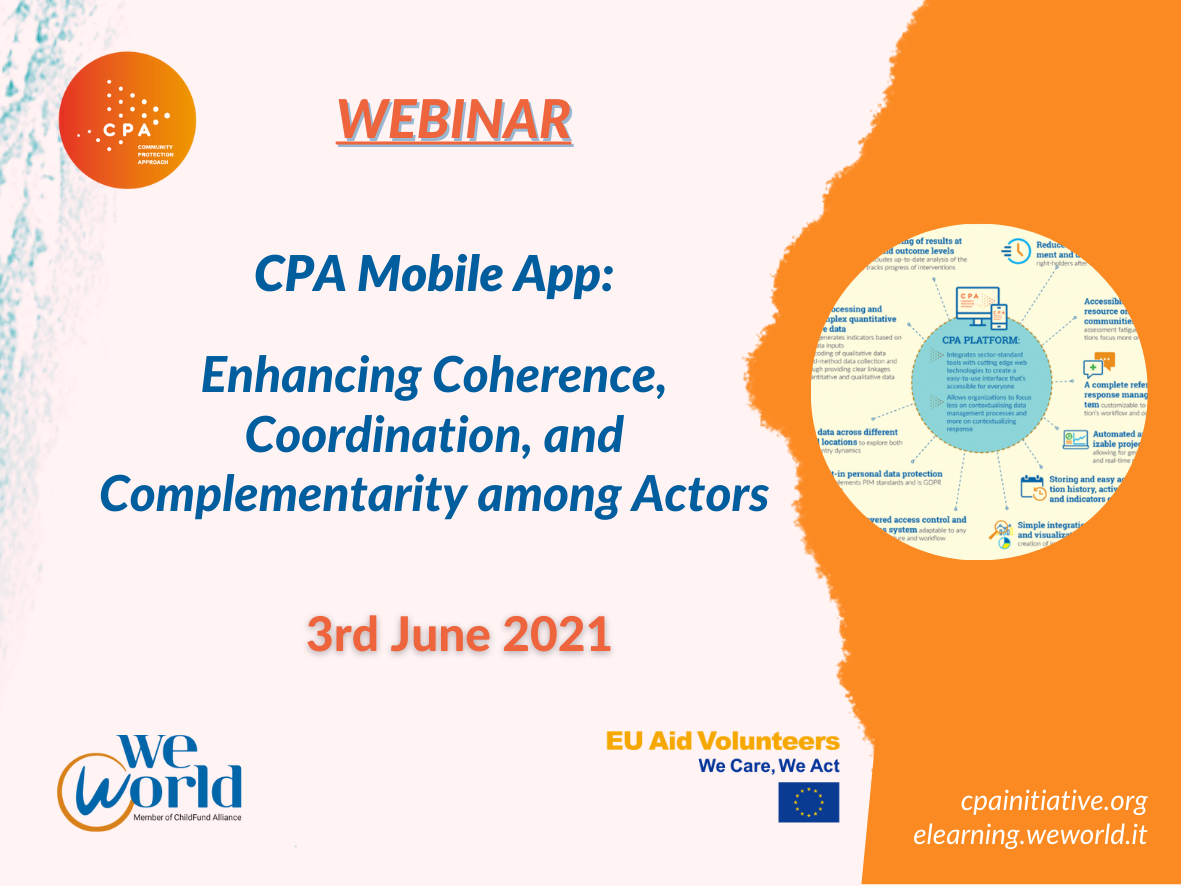
In this webinar, WeWorld presented a prototype of the Community Protection Approach – CPA Mobile App. The App would connect its users with the CPA Platform – a multi-stakeholder data collection, analysis, and sharing digital instrument. The CPA Mobile App allows data and information sharing not only among the implementing actors and donors but also with communities.
The CPA Mobile App features enable the users to engage with the data in the most fruitful and useful way for programming and decision-making, as well as joint action. The CPA is an approach to develop area-based integrated protection strategies. The CPA aims at enhancing coherence, coordination, and complementarity among actors to achieve set collective outcomes, avoid overlapping, and utilise their resources and potential to respond to protection risks and resulting needs in the most beneficial manner for the targeted communities. At the same time, the CPA emphasizes localization through communities’ and local responders’ capacity building, ownership, decision making, and utilization of local resources and solutions. Created to share the data and information not only among external actors but also with targeted communities, local authorities and organizations, the CPA Mobile App responds to some of the challenges identified in relation to strengthening accountability to communities and data utilization by communities themselves.
For a CPA implementer and user, the CPA Mobile App not only facilitates remote monitoring and communication with right-holders but is also enriched with features as:
- Receiving communities feedback through the App
- Connecting data to Power BI and create visualization dashboards
- Viewing assessments in a specific area and adding or updating referrals of persons of concern
- Viewing community profile as well as the Integrated Protection System of Indicators (IPSI).
Based on lessons learned from one of the CPA implementation sites - the occupied Palestinian territory, the webinar demonstrated how employing the CPA Mobile App potentially could promote coherence, coordination, and complementarity among actors intervening in the same area, putting the affected population and communities at the center. In the occupied Palestinian territory, the CPA methodology is being implemented since 2014.
The webinar also served as a preparation ground for the upcoming the CPA Mobile App training for the CPA practitioners that would take place after the launch of the App in the foreseeable future.
The presenters:
Francesco Michele - International Advocacy, Policy and Innovation Area Coordinator - WeWorld-GVC
Hadeel Tahboub - West Bank Protection Consortium Project Manager - WeWorld-GVC
Caterina Dazzo - National CPA Specialist - WeWorld-GVC
Ahmad Sharif - Digital Solutions Specialist - WeWorld-GVC

The Webinar objective is to guide in the identification of the most appropriate documents and products that can be developed on the basis of our operations and projects.
It will focus on the presentation of the newly developed We World standard documents for external dissemination and specifically provide a step-by-step process for their use and adaptation to operations/projects objectives and needs.
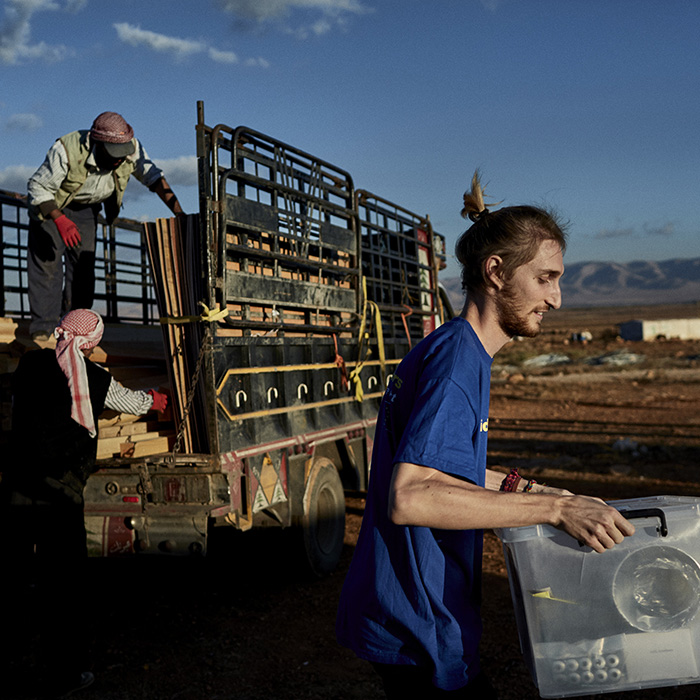
E-learning "How to use" Session
ENG: Welcome to the video presentation of the We World E-learning. The video is based on the recording of the official We World internal Webinar held on the 14th of April, 2021 to show how to use the E-learning and how to include elements for project development.
You can find the resources to guide you in the use of the E-learning, along with the the interesting debate held by the participants.
ENG: Benvenuti/e alla presentazione video della Piattaforma E-learning di We World. Il video riprende la registrazione del Webinar interno ufficiale che si é tenuto il 14 di Aprile 2021, e si focalizzato sull'uso dell'E-learning e come includere elementi durante la scrittura di progetti.
Potete trovare le risorse per guidarvi nell'uso della Piattaforma E-learning, in aggiunta al dibattito che ha visto coinvolti i/le partecipanti.
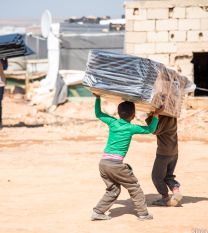
The first webinar will focus on community empowerment and resilience.
Specifically, the objective is to explore how community participation, engagement and
empowerment can be ensured in humanitarian and development projects. There will
be a chance to discuss opportunities and entry points as well as limits and
constraints to such processes. There will also be a short presentation of the
main lessons learned about community empowerment within the Community
Protection Approach framework.
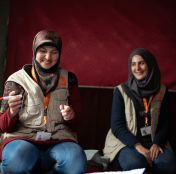
The third webinar will focus on “Promoting gender equality through
humanitarian and development projects – innovation and best practices”.
Following an introduction on gender equality that will provide the main
relevant concepts and frameworks, participants will
present innovative practices they have developed and/or implemented during
their projects. This will allow sharing innovative tools while
focusing on how such instruments can be used/replicated to further the specific
objective of gender equality. The areas covered during the presentation may
include awareness-raising on human rights/women's rights; use of alternative
narratives/models to counter stereotypes and violent discourse; participation
and empowerment.
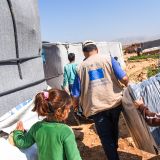
The second webinar will focus on the Humanitarian-Development Nexus.
This approach is challenging the international community in finding innovative
ways to deliver interventions increasingly linking short and long-term
responses for affected populations. The Webinar will be an occasion to spur
co-learning and share NGOs’ perspectives on how to answer the Nexus call for
coordination, complementarity and coherence.
